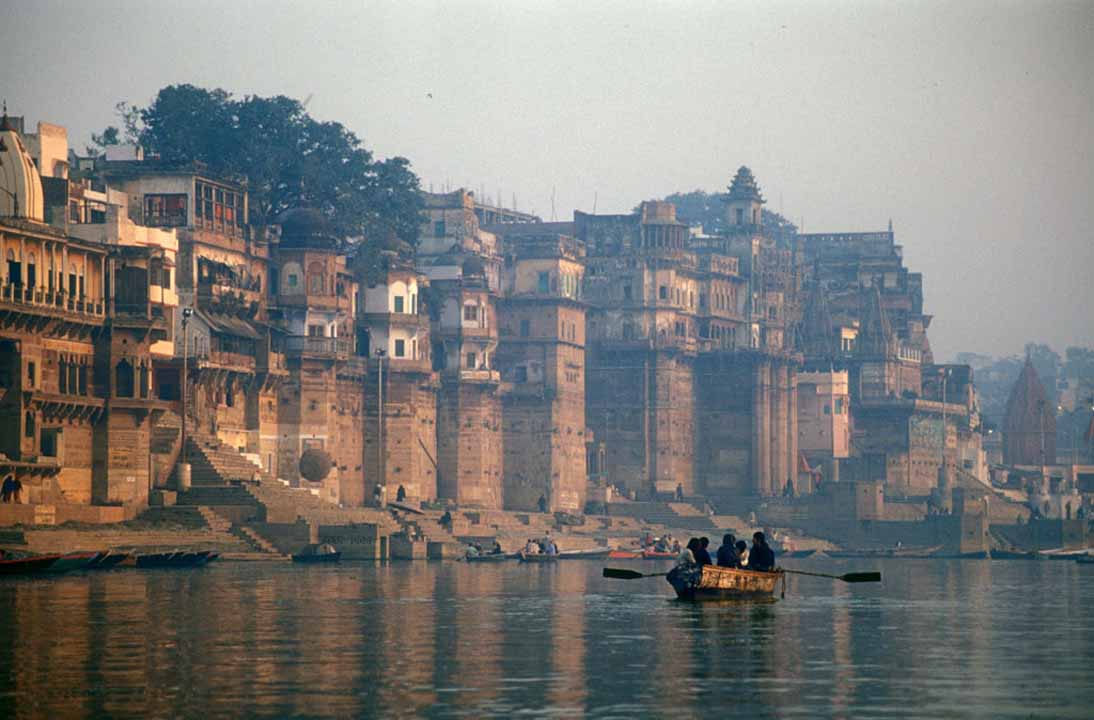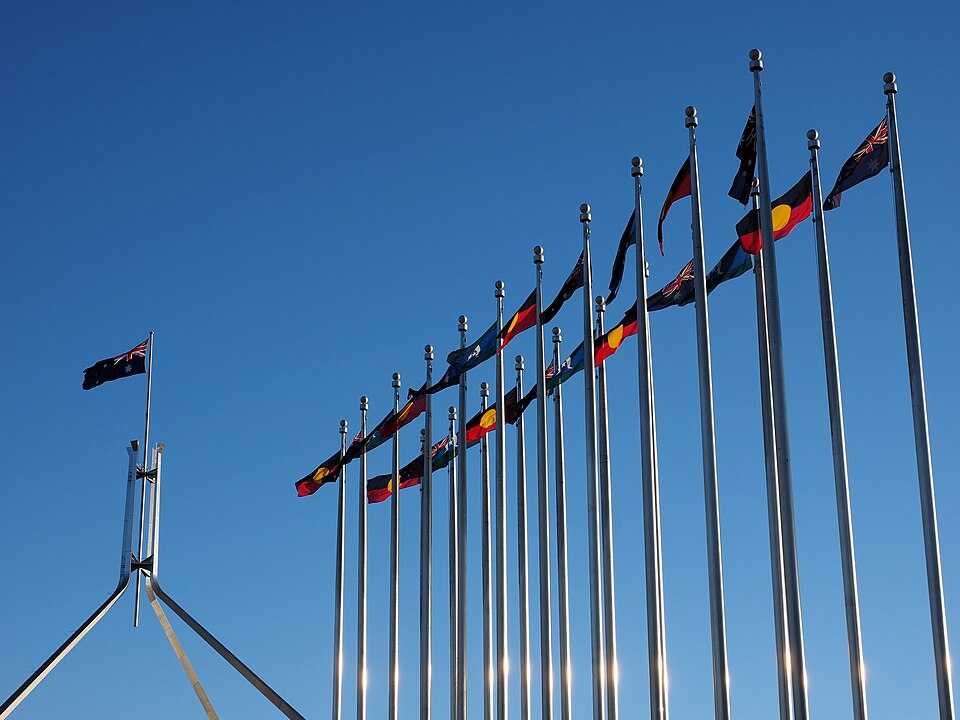“Red-tagging” in the Philippines intensifies even as the country struggles to contain a surge of COVID-19. Red-tagging lawyers and citizens is how the government is trying to stamp out criticism of its poor handling of the health crisis, further monopolise power, and stifle rule of law and human rights.
In the Philippines, large tarpaulins with the names and photos of people identified, suspected of, or simply labelled as members of the outlawed communist party or “terrorists” has become ubiquitous on major thoroughfares. This is red-tagging, and it portends of sinister events to come. Red-tagging is a death sentence as many of those named have either been extra-judicially killed or arrested and detained for criminal charges. For those who are still “lucky” to be alive or free, they are living under constant surveillance or harassment.
The “us vs enemy of the state” disinformation campaign has resulted in the escalation of red-tagging. Initially those who have been red-tagged have been mostly human rights activists, union leaders, and Indigenous peoples. As the people are limited of their freedom of movement, the security forces ramped up their counter-insurgency operations but also cast a wider net to include in the ‘list’ those who complain or criticise government measures and policies . This has included academics, doctors, artists, and lawyers as they try to inform the public, defend those who have been arbitrarily charged, or provide humanitarian assistance. The latest on the list is a female judge who quashed the arrest warrant of an independent journalist and labour leader, who were also previously red-tagged and subsequently arrested for subversion.
Terror is a lethal poison on the rule of law. Red-tagging is one of the ways the government sows terror and lays siege to the institutions of the rule of law. The erosion of the rule of law has been a defining turn in Rodrigo Duterte’s inaugural year, with the removal from key accountability institutions those officials that were critical of or expected to resist government policies like the war on drugs. Political and judicial institutions have been compromised under Duterte’s populist and brutal leadership. Civil society has attempted to remain steadfast in protecting human rights and the rule of law. This, amidst the further expansion of state power with the grant of emergency powers to the president and the appointment of former military personnel at the helm of the top anti-COVID-19 agency, the Inter-Agency Task Force for the Management of Emerging Infectious Diseases (IATF).
The IATF has emerged as the most powerful agency in the Philippines in the time of COVID-19. Implementing critical aspects of emergency powers to mitigate the transmission of the virus and implement measures to manage the health care system, the IATF has assumed the power of life and death over 109 million Filipinos. Guided only by a general law, it has broad powers to issue rules and regulations affecting medical, health, travel, and business operations as well as the power to deploy the security sector and other agencies of government in performing its functions. Under the direct control and supervision of the president, it has the sole authority to determine the appropriateness of community quarantine or lockdowns. Even as the legislature and courts are given oversight functions, these have not been exercised effectively. On the contrary, both houses of Congress have consistently given satisfactory reports on the president’s and IATF’s performance. This, despite clamour by opposition and civil society for more scrutiny particularly with the expose of massive corruption in the public health insurance system under the stewardship of a former general.
So why the assault on the rule of law, given the near monopoly of power by the current administration? Widespread red-tagging, violence, and extrajudicial deaths under Duterte has surpassed both the Marcos authoritarian era and the post-Marcos era. Law practitioners and judicial officials are increasingly the targets of red-tagging and deadly violence. Of the 110 lawyers, judges and prosecutors killed in the past 50 years, at least 61, or over fifty percent happened only in the last five years. There are two key reasons for this.
One, red-tagging lawyers and judges is meant to incapacitate remaining mechanisms of accountability and the rule of law. Severe restrictions on the freedom of movement and a clampdown on expression and the press have not deterred the public from exposing and complaining about the ineptitude of the government in handling the health crisis. While the Philippine Supreme Court’s independence has been observed to have been compromised in a string of decisions, many lawyers and judges in the lower-level courts continue to do their work without fear or favour. They assist in ensuring that despite difficult circumstances, the rule of law secures fundamental freedoms and holds government officials accountable.
Second, red-tagging is a swift and deadly means to silence lawyers and other members of civil society who continue to denounce the highly securitised approach to the pandemic and defend its ranks from assault and violence. A proactive and innovative civil society has surfaced the hubris and deception of the regime’s law-and-order approach to governance. And yet, the public has been made to watch haplessly the spectacle of abuse of power and exercise of privilege. The latest includes the “smuggling” of COVID-19 vaccines to inoculate the president’s security as well as state officials and allies. The vaccination roll-out has also seen local officials and supporters jumping the queue, even as frontline workers and the most vulnerable to the disease struggle to get one.
Despite Duterte’s continuing high popularity, the spin doctors and troll factories cannot hide the fact that even with the longest and strictest lockdown in the world, the Philippines has emerged to be lagging behind its neighbours in Southeast Asia in managing the pandemic and its economic recovery. While its neighbours have rolled out vaccination programs and contained infections, the Philippines has only recently started vaccination and is currently experiencing another infection surge.
The Philippine case has shown that a state of exception – overriding the rule of law, even in the guise of promoting the public good during crises, is untenable. The Philippine Supreme Court, in a rare move and responding to calls by lawyer groups, denounced the attacks on lawyers and judges. But given the climate of intolerance, polarisation, and unabated violence there is a need to secure the lawyers, judges and the civil society who remain committed to the rule of law. For even as the rule of law has been weakened, it also holds the power to peacefully countenance terror.
Dr Imelda Deinla is an Honorary Fellow at the School of Regulation and Global Governance at the Australian National University teaching criminology and researching on law and politics and conflict and justice in the Philippines and Southeast Asia. She is a and Senior Fellow at the Ateneo School of Government in Manila.
This article is published under a Creative Commons License and may be republished with attribution.



